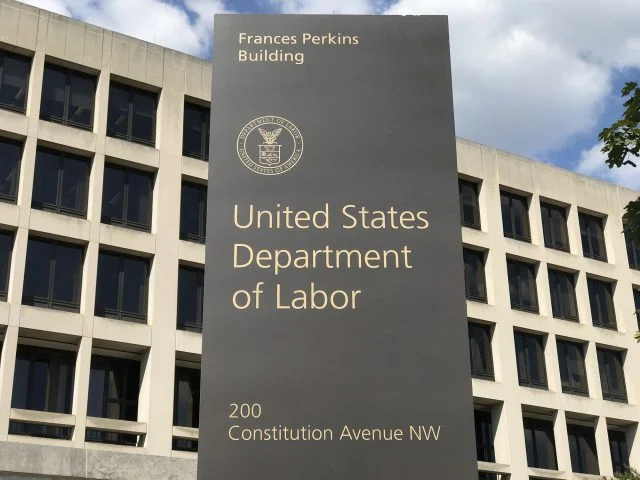Tag: Department of Labor

The Department of Labor should revisit its June 3, 2020 letter. It’s always embarrassing to learn stuff about U.S. retirement policy from foreign correspondents, but that happens sometimes. Apparently on June 3, 2020, the U.S. Department of Labor (DOL) issued an information letter opening up the opportunity for private equity investments in 401(k) plans. T…

The federal government runs numerous small-scale experiments across the country to explore ways to help people on Social Security disability ease back into work to reduce the benefits being paid. In a recent webinar, researchers discussed the extreme challenges of designing programs that are effective, given the inherent disadvantages – from the disabling condition itself…







